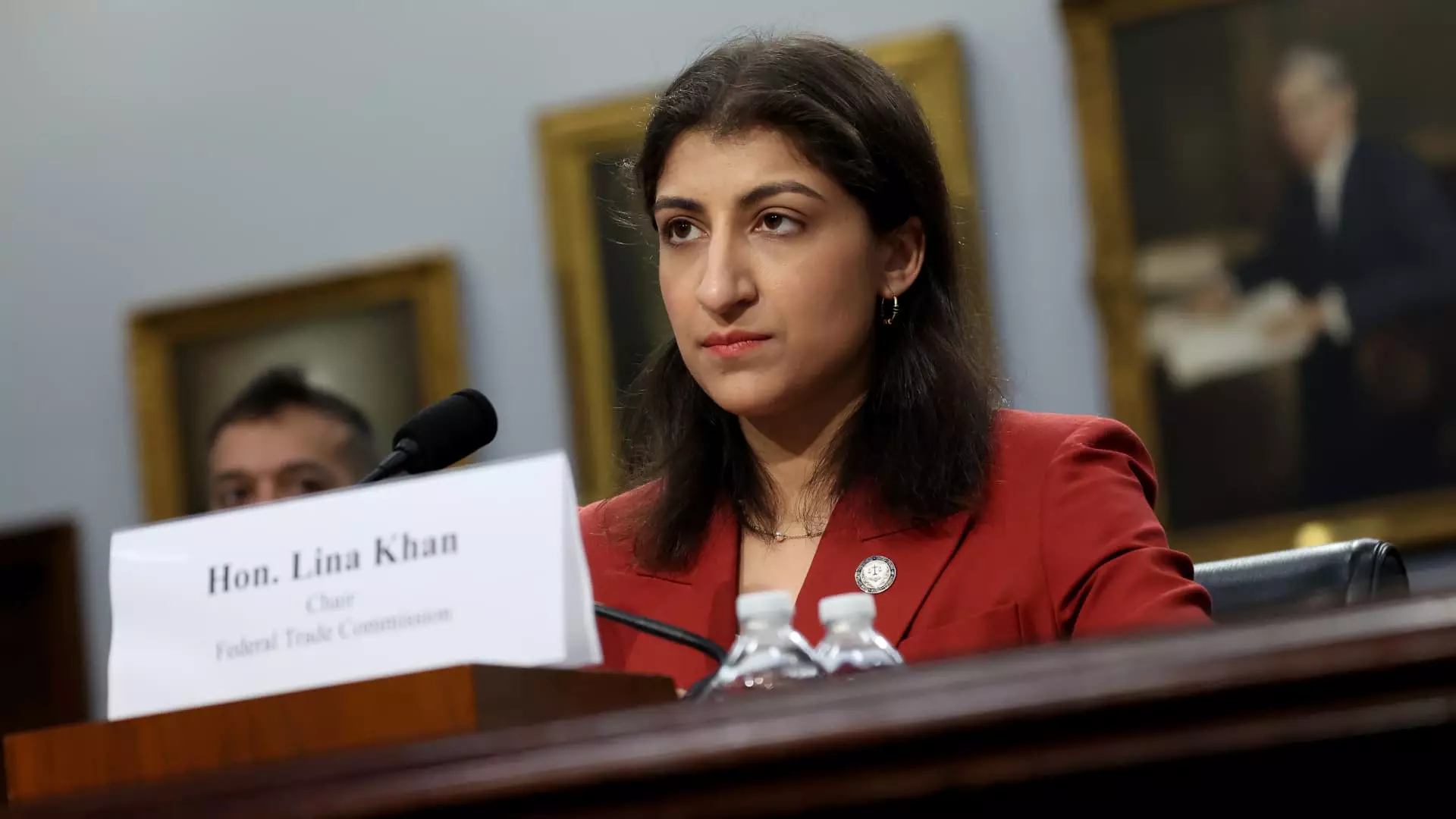The rising costs of insulin have become a pressing issue for millions of Americans, particularly those with diabetes who rely on this life-sustaining medication. Recently, the Federal Trade Commission (FTC) took a significant step by filing a lawsuit against three major pharmacy benefit managers (PBMs) in the United States: Optum Rx, CVS Caremark, and Express Scripts. These three entities collectively handle approximately 80% of prescriptions in the country, which gives them substantial control over the drug pricing landscape. The lawsuit aims to address the alleged practices that these PBMs engage in, practices that the FTC contends inflate insulin costs and undermine patient access to affordable medication.
Pharmacy benefit managers operate at a critical juncture in the drug supply chain. They negotiate prices and rebates with pharmaceutical manufacturers on behalf of insurers and employers, thereby influencing what patients ultimately pay for their medications. Notably, PBMs also curate formularies, which determine which drugs are covered by health insurance, and they reimburse pharmacies for dispensing prescriptions. Given their central role, any practices perceived as exploitative or anticompetitive could have widespread implications for patient care and financial accessibility.
The FTC’s allegations assert that these PBMs have devised a manipulative rebate system prioritizing high-cost medications in order to secure larger rebates from manufacturers. This selection process purportedly drives up the list prices of insulin, leading to inflated costs that affect those who need these drugs the most. The adverse impact is particularly severe for vulnerable populations, such as the estimated eight million Americans with diabetes, many of whom are forced to ration their insulin due to prohibitive prices.
The Implications of the Lawsuit
By targeting these prominent PBMs, the FTC is raising crucial questions about their business models, which may prioritize profit over patient welfare. Rahul Rao, the deputy director of the FTC’s Bureau of Competition, emphasized that the exploitative conduct of these companies urgently necessitates reform. The administrative process initiated by the FTC will see the case heard by an administrative judge, marking a critical examination of the practices within this corner of the healthcare system.
The potential ripple effect of this lawsuit could extend beyond insulin pricing. If successful, it might pave the way for improved competition across the pharmaceutical landscape, thereby lowering drug prices overall. The importance of such reform is underscored by statistics that indicate American patients pay significantly more—two to three times higher—than those in other developed countries for prescription medications.
Responses from the Industry
In response to the lawsuit, representatives from CVS Caremark and Express Scripts pushed back against the FTC’s findings. Caremark’s spokesperson defended its record of making insulin more affordable, insisting that the lawsuit’s claims lack merit. Likewise, Express Scripts characterized the FTC’s actions as “unsubstantiated” and ideologically motivated. Such responses reflect the contentious nature of this ongoing issue, where the interests of healthcare providers, insurers, and patients often conflict.
The tension between maintaining profitability and ensuring affordable healthcare has become increasingly evident, especially in recent years. As the Biden administration and Congress seek to increase transparency in PBM operations, there is an increasing recognition that the current system may not adequately serve the needs of patients. With significant pressure mounting on both drug manufacturers and PBMs, the need for systemic change has never been more pronounced.
While the FTC’s lawsuit represents a critical juncture in the fight against rising insulin prices, it also highlights broader systemic issues that pervade the U.S. healthcare system. Currently, policies like the Inflation Reduction Act, which caps insulin prices for Medicare beneficiaries at $35 per month, do not extend to those with private insurance. Thus, many Americans are left navigating a complex web of health insurance benefits that may not adequately cover the medications they need.
Furthermore, the collective control wielded by the leading insulin manufacturers—Eli Lilly, Sanofi, and Novo Nordisk—is concerning. These companies account for nearly 90% of the U.S. insulin market, allowing them to significantly influence pricing structures. The FTC has indicated that it may further investigate these drug manufacturers’ roles in inflating prices, suggesting that the fight for fair medication pricing is far from over.
The FTC’s legal action against the major PBMs signifies a pivotal moment in the struggle to make medication more accessible and affordable for Americans. As the case unfolds, it will be vital for all stakeholders—patients, healthcare providers, insurers, and policymakers—to advocate for systemic changes that prioritize patient welfare over profits. The outcome of this lawsuit not only promises to impact those living with diabetes but may also call into question the practices of the entire pharmaceutical supply chain.

